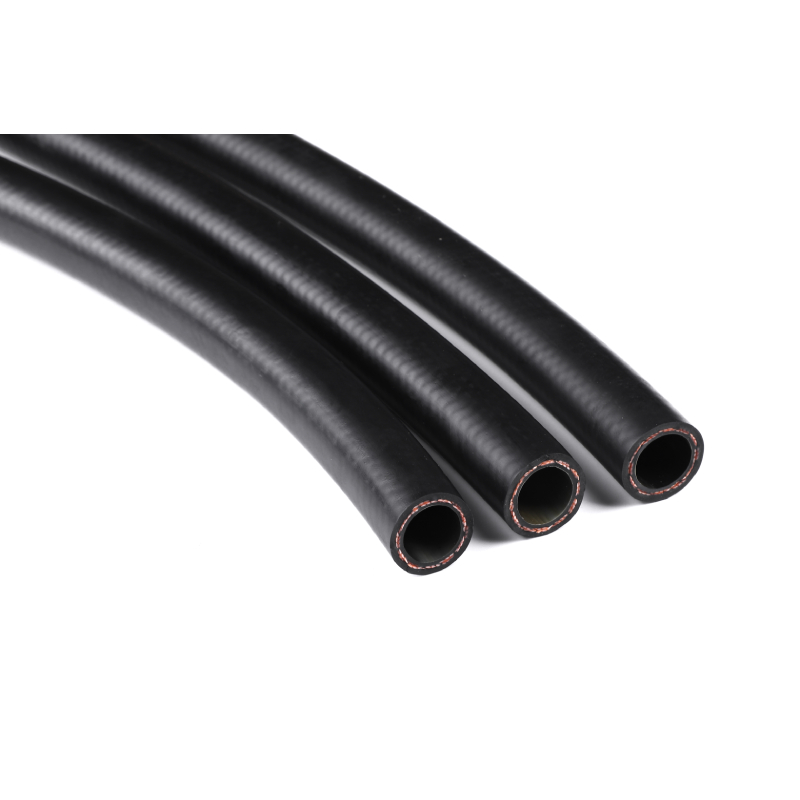gas hoses
Novemba . 15, 2024 03:29 Back to list
gas hoses
Understanding Gas Hoses Their Importance and Applications
Gas hoses are an integral part of many industries, playing a crucial role in the safe and efficient transfer of gases. These flexible tubes are designed to convey gaseous substances, ensuring that they reach their intended destination without leaks or other safety hazards. This article delves into the types, applications, and safety measures associated with gas hoses.
Types of Gas Hoses
Gas hoses are available in various materials and designs to accommodate different gases and pressures. The most common materials used include rubber, PVC, and thermoplastic.
1. Rubber Hoses These are highly durable and can withstand extreme conditions. They are widely used for transferring natural gas, propane, and other fuels due to their resistance to heat and abrasion. 2. PVC Hoses Lightweight and flexible, PVC hoses are often used for low-pressure applications. They are suitable for indoor applications and are less resistant to high temperatures but provide excellent chemical resistance.
3. Thermoplastic Hoses These hoses combine flexibility with strength, making them suitable for a variety of gases under high pressure. They are often used in industrial settings where durability and reliability are paramount.
Applications of Gas Hoses
Gas hoses find applications across multiple sectors, including residential, commercial, and industrial environments. Here are a few notable examples
- Culinary Industries In kitchens, gas hoses are extensively used to connect gas appliances like stoves and ovens to the gas supply
. Ensuring these hoses are of high quality is critical, as they must be able to withstand heat and potential damage from spills.- Manufacturing Many manufacturing processes involve the use of gases for welding, cutting, or heating. Gas hoses are essential for delivering these gases safely to the point of use, ensuring worker safety and operational efficiency.
gas hoses

- Automotive In the automotive industry, gas hoses are used in various applications, including fuel systems and exhaust systems. They must meet strict regulations to ensure they can handle the specific pressures and temperatures involved in vehicle operation.
Safety Considerations
When dealing with gas hoses, safety is paramount. Here are some essential safety measures to consider
1. Regular Inspections Gas hoses should be regularly inspected for any signs of wear, leaks, or damage. Cracks, bulges, or discoloration can indicate that a hose is no longer safe to use.
2. Proper Installation It’s critical to follow manufacturer guidelines during installation to ensure that hoses are fitted correctly. Improper installation can lead to leaks and potentially catastrophic accidents.
3. Selecting the Right Hose Always choose hoses that are specifically designed for the type of gas being used. Different gases have different properties, and using a hose that isn’t suitable for a specific gas can result in serious safety hazards.
4. Training for Personnel Ensure that all personnel handling gas hoses are trained in their proper use and maintenance. Understanding the properties of the gas and the potential hazards associated with improper handling is essential for safety.
Conclusion
Gas hoses are essential components in a wide range of applications, from household kitchens to large industrial operations. Their importance cannot be overstated, as they facilitate the safe and efficient transfer of gases. By understanding the types of gas hoses available, their applications, and the necessary safety measures, users can ensure that they are employing these crucial tools effectively and safely. Investing in high-quality gas hoses and adhering to proper safety protocols can help prevent accidents and ensure smooth operations across various industries.
